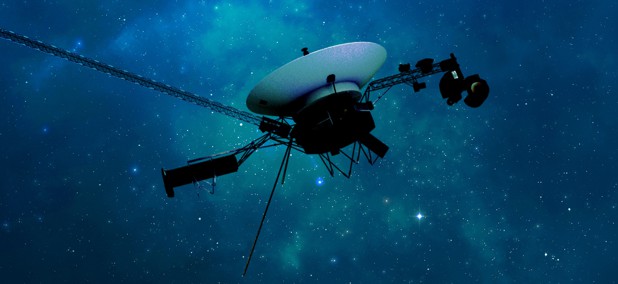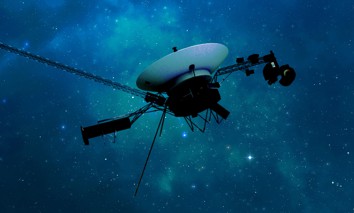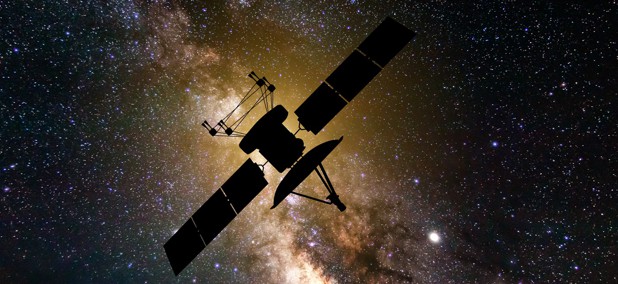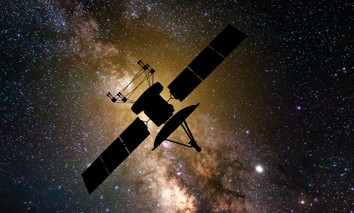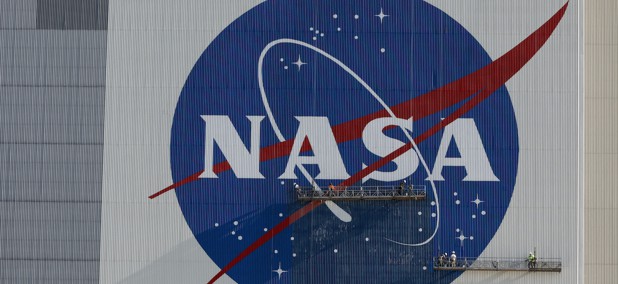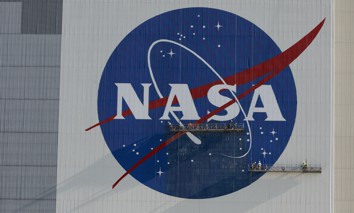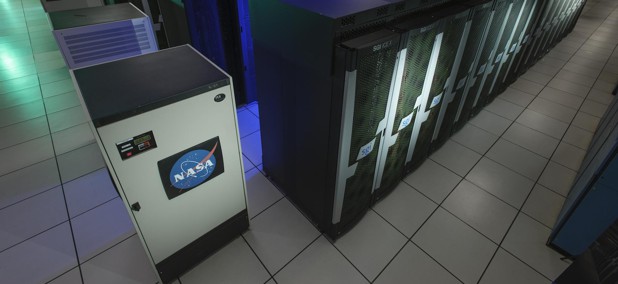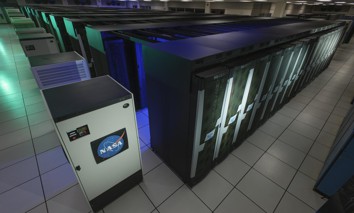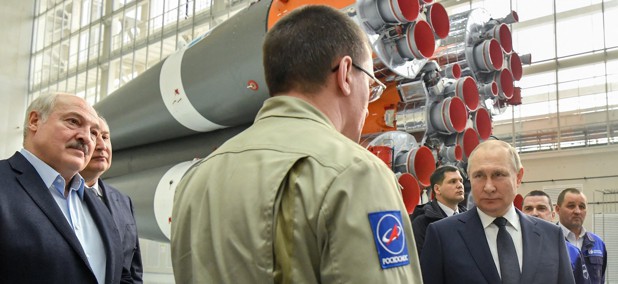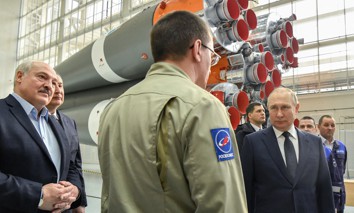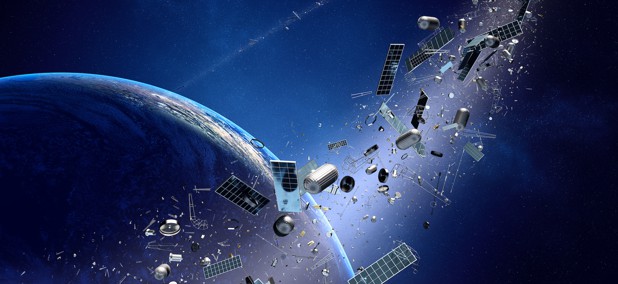Defense
Space Force aims to track enemy aircraft with satellites by 2030s
Research underway to shift tracking of air and ground targets to more survivable orbiting assets.
Defense
Space operations boss wants more virtual simulations to boost training
After a recent demo, Lt. Gen. David Miller said Space Operations Command needs realistic simulations to train at the highest levels.
Emerging Tech
NASA’s astronauts return after a year living on simulated Mars
Everything about the mission was conducted to simulate an actual Martian environment.
Defense
DARPA wants to use AI to find new rare minerals
With spectral analysis, it’s possible to “tell the difference [between] cocaine that came from one cartel’s area of Colombia versus another.”
Defense
How AI is turning satellite imagery into a window on the future
What can a picture from space tell you? “You're likely to have a drought here that might lead to civil unrest.”
Acquisition
Lockheed Martin tapped to develop NOAA’s new series of weather satellites
Lockheed Martin won a contract to build three satellites for NOAA’s Geostationary Extended Observations program, with the option to develop an additional four spacecraft, under a $2.27 billion award announced on Tuesday.
Acquisition
CACI wins $2B NASA IT centralization job
The space agency is looking to standardize and consolidate how it manages IT systems and applications.
Emerging Tech
NOAA looks to sharpen solar storm forecasts with new satellite
The agency’s GOES-U satellite, scheduled to launch next month, will include an advanced instrument, called a compact coronagraph, to provide scientists with faster, more reliable data about solar storms.
Cybersecurity
Space assets are in foreign adversaries' cyber crosshairs, DOD official says
The easiest targets are ground assets like operation centers and launch facilities, said Mieke Eoyang.
Cybersecurity
NASA doesn't know if its spacecraft have adequate cyber defenses, GAO warns
The agency encourages its spacecraft programs to use an optional best practices guide when it comes to implementing cybersecurity requirements.
Modernization
NASA’s long-term missions could be hurt by budget caps, lawmakers warn
House Science Chairman Frank Lucas R-Okla., said Congress needs to provide NASA with “sufficient support” to carry out its work.
Digital Government
NASA delivers Voyager software update across 15 billion miles of space
Scientists and engineers with the space agency were able to successfully repair an issue in one of the probe’s onboard computers from over 15 billion miles away.
Defense
Pentagon can’t force Starlink to block service to Russians, US official says
US is “taking steps” and “working through” the problem with SpaceX and Ukraine, space-policy leader says.
Defense
‘Military force’ could be directed to protect private sector orbital assets, DOD strategy says
The Pentagon’s first-ever commercial space integration strategy said the department would take steps to “mitigate risks to commercial space actors.”
Emerging Tech
Space operations likely to be shaped by sustainable emerging tech, report says
Innovative capabilities that promote reusability, safety and longevity are likely to dictate the future of space exploration, according to a recent white paper from Forecast International.
Emerging Tech
Lawmaker seeks to give NASA funding flexibility on interagency research efforts
Legislation from Rep. Eric Sorensen, D-Ill., would allow agencies to transfer funding to NASA to jointly partner on scientific or engineering projects.
Modernization
NASA needs to refocus on supercomputing to keep pace in space, watchdog says
The space agency “needs a renewed commitment and sustained leadership attention” to enhance its overburdened and vulnerable high-end computing assets.
Defense
Russian space nuke wouldn’t alter US orbital-network plans, Space Force says
The nascent Proliferated Warfighter Space Architecture is built on the idea that lots of satellites offer plenty of redundancy.
Digital Government
National Archives tees up new rules for UFO records
New legislation mandates a governmentwide repository of records dealing with "unidentified anomalous phenomena."
Emerging Tech























